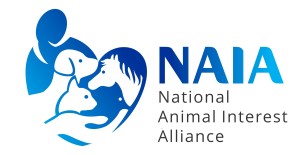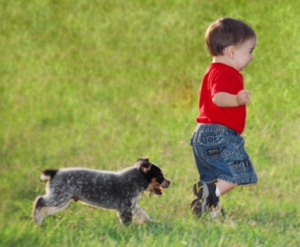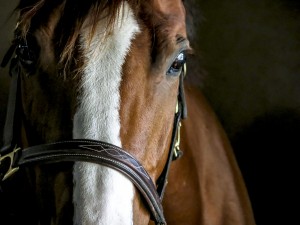 Animal Research, Animal Welfare
Animal Research, Animal Welfare  No Comments
No Comments No “Sanctuary” for Chimpanzees: When Ideology Trumps Animal Welfare
If you follow animal issues, you probably know that invasive biomedical research with chimpanzees is no longer carried out unless:
- it is necessary to advance public health; and
- there are no other means for doing so.
You may also be aware of the fact that their has been a concerted effort, spearheaded by HSUS, to remove chimpanzees from research settings and place them in sanctuaries.
But did you know that 69% of Chimpanzees taken from the MD Anderson Keeling Center (MDAKC) to live in a sanctuary have died — most within a few months?
Sadly, the fact of the matter is a “good intention” is not enough, and no US sanctuary is staffed or equipped to care for chimpanzees like MDAKC.
This blog from Speaking of Research touches on this issue eloquently, using Dr. Cindy Buckmaster, NAIA Board Member and Chair of Americans for Medical Progress as a source.
In fact, many of our chimps would fare better if they were allowed to retire in place. And several of these precious creatures have already suffered and died because the NIH would not allow them to do so. The MD Anderson Keeling Center (MDAKC) in Texas has been home to the healthiest, happiest chimpanzees in America for decades. Their living quarters are comparable to, or better, than any US sanctuary, and none of these sanctuaries can compete with the level of care provided to chimpanzees at MDAKC. The MDAKC staff includes ten full-time veterinarians with a combined total of 92 years of experience caring for chimpanzees; 6 are specially boarded primate veterinarians, 3 are specially boarded veterinary pathologists, and 3 are specially certified to provide laser and acupuncture therapies to supplement traditional treatment regimens. There are also 22 specially trained, full-time technicians devoted to the chimps’ husbandry, health and behavioral needs, including 3 night technicians. MDAKC also has a full-service clinical pathology laboratory on site that allows for the immediate diagnosis and treatment of animals with health concerns. No US sanctuary is staffed or equipped to care for chimpanzees like MDAKC, not one! In fact, the sanctuary that the NIH is forcing us to send our chimpanzees to currently is not even equipped to carry out its own diagnostic lab work. This is concerning, given the advanced age of many research chimpanzees. Honestly, it would make more sense for Dr. Collins to retire the nation’s research chimps to MDAKC!
While we may disagree on the details, we all want to see the animals in our care safe, healthy, and happy. But in our view this is a tragic and clear case of ideology trumping animal welfare, and a story that needs to be told.
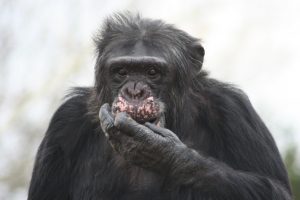
Photo credit: MDAKC
Dr. Buckmaster’s entire article can be found here, with a subscription.
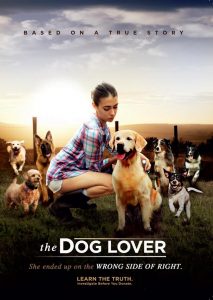
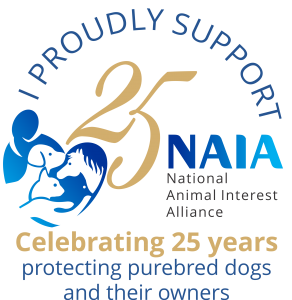
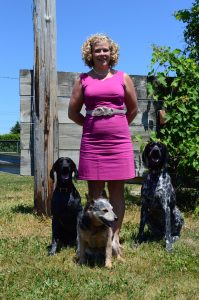 Sara has successfully petitioned for moderate animal-related laws at a grassroots and national level. She was previously involved with NAIA through National Conferences and various legislative issues where she connected with NAIA President, Patti Strand. “One of Sarah’s greatest assets is that she’s an animal person. She’s heavily involved in the animal world in all aspects of her life. This is an enormous strength when working with animal related legislation,” Patti says of Sara.
Sara has successfully petitioned for moderate animal-related laws at a grassroots and national level. She was previously involved with NAIA through National Conferences and various legislative issues where she connected with NAIA President, Patti Strand. “One of Sarah’s greatest assets is that she’s an animal person. She’s heavily involved in the animal world in all aspects of her life. This is an enormous strength when working with animal related legislation,” Patti says of Sara.